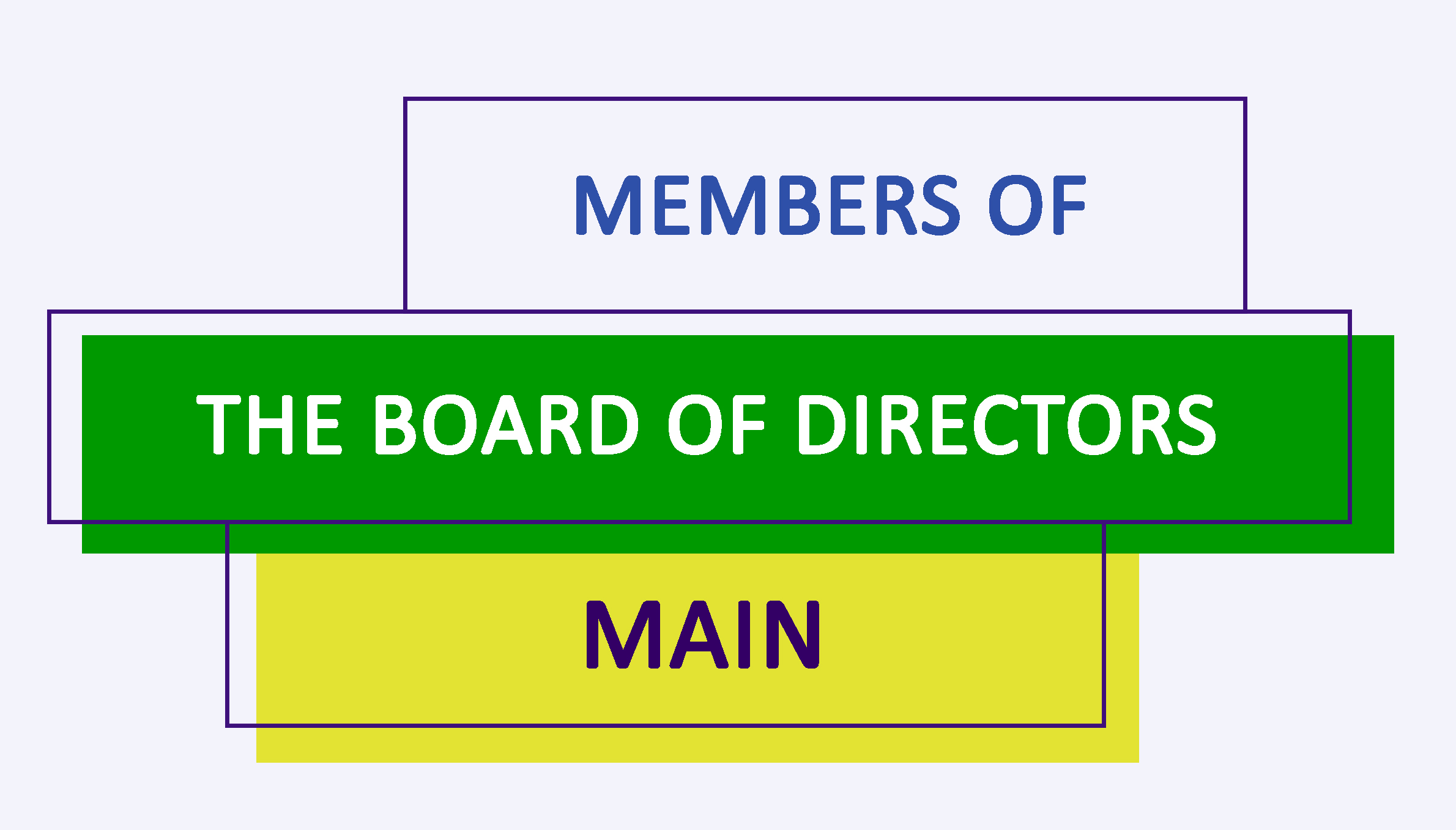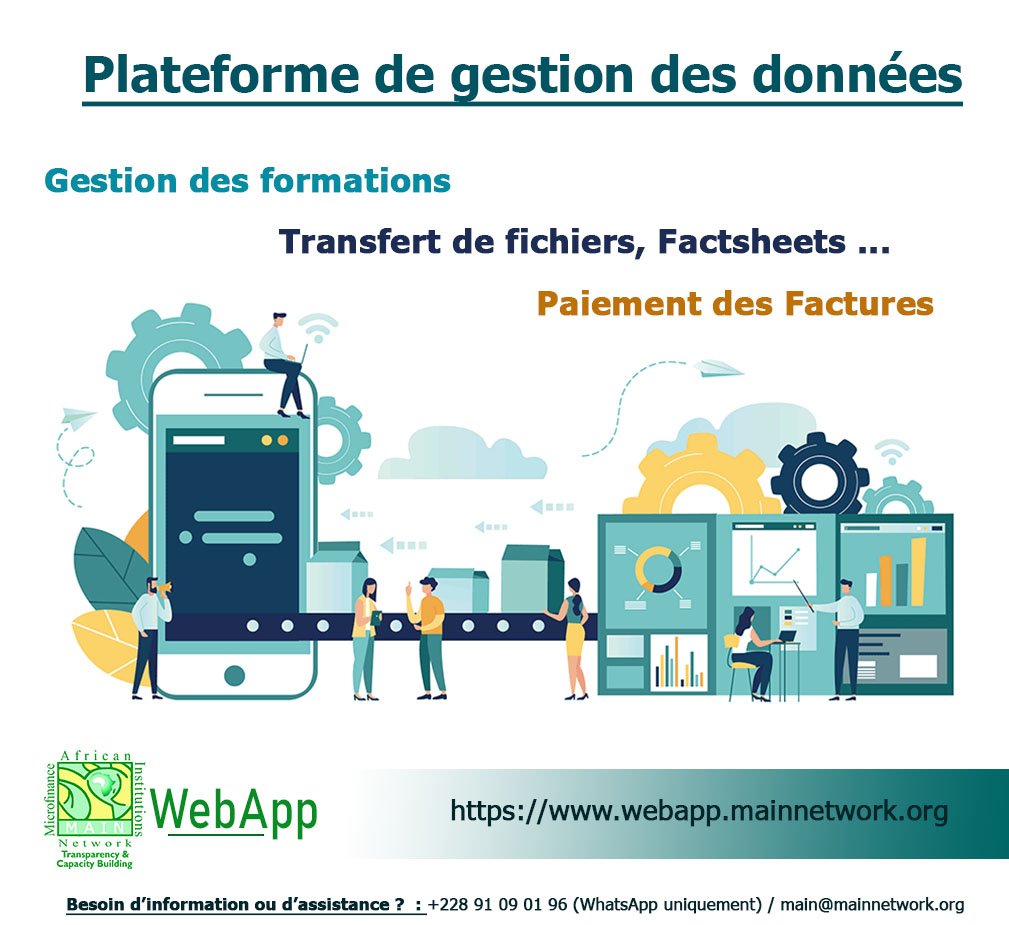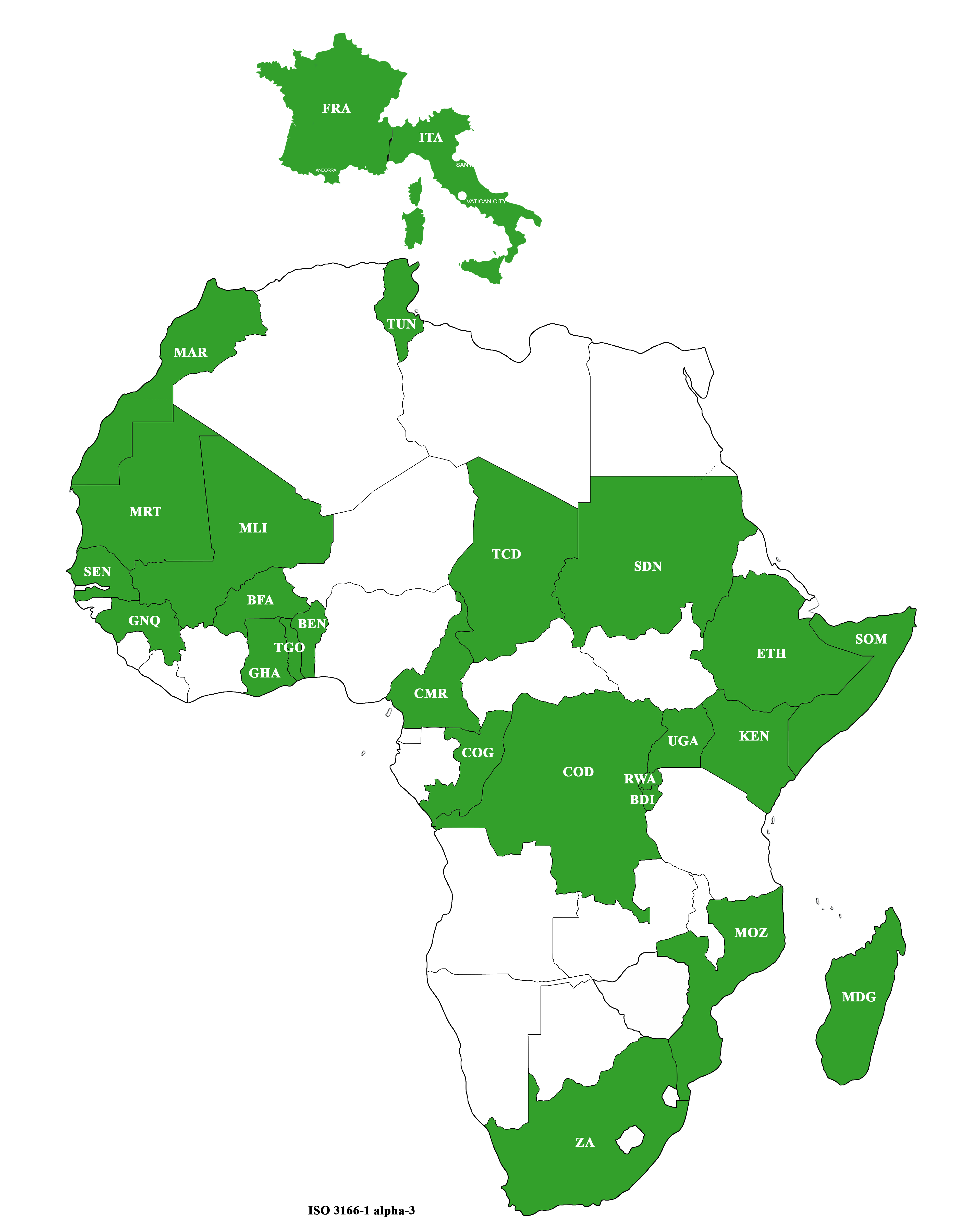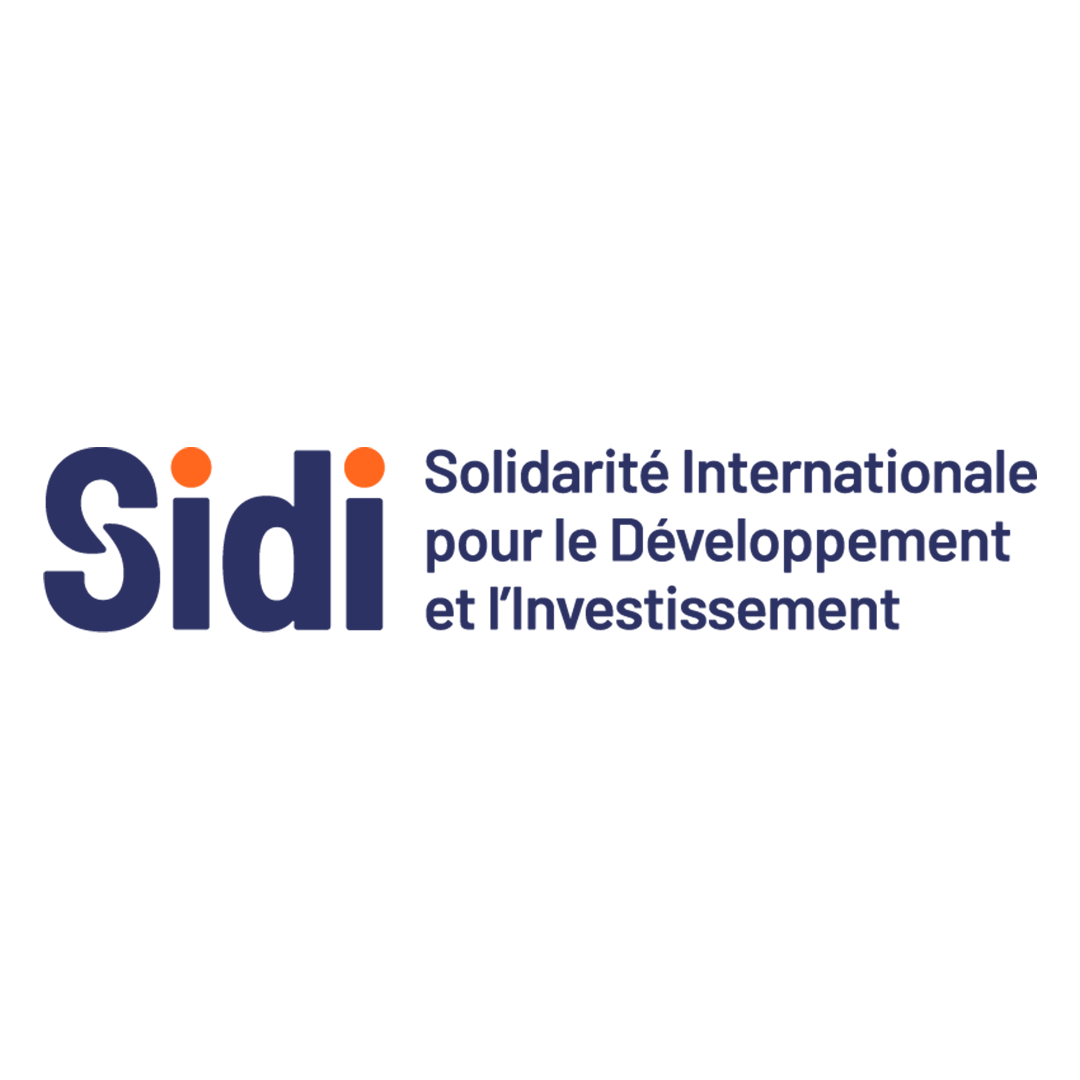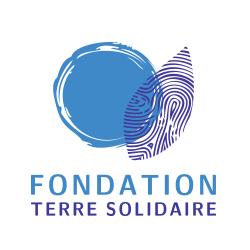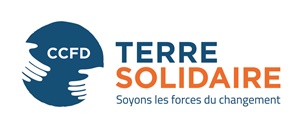PROMOTING ACCESS TO INSURANCE PRODUCTS FOR MIGRANT WORKERS
ADA and Democrance partnered on a new project to promote access to insurance products for migrant workers through an innovative technological solution related to remittances.
This project is destined for Indian and Filipino migrant workers residing in the United Arab Emirates and aims to protect the incomes and activities of their family members who have remained in the country.
ADA and its partner Democrance, a Dubai-based startup with an IT platform offering insurance products to low-income populations in the Middle East and North Africa, have 18 months to implement the project, starting in November 2017.
This initiative was made possible thanks to a response to the call for projects “Scaling Up Remittances (SURE): Promote innovative remittance systems and investment channels for migrants in rural economies “, financed by the International Fund for Agricultural Development (IFAD) – a specialized agency of the United Nations dedicated to eradicating poverty in rural areas of developing countries – in partnership with the European Commission, the Government of Luxembourg and the Spanish Ministry of Foreign Affairs and Cooperation.
IMPROVING THE FUNCTIONING OF MICROFINANCE THROUGH UNIVERSAL STANDARDS AND THE CERISE-SPI4 INSTRUMENT
Does microfinance still work? The topic of the 2017 edition of the Microfinance Barometer is undoubtedly provocative. This question presumes that microfinance has “worked” in the past and raises another question: how does it precisely work?
This question is not a new one. Much efforts (and money) have been invested in trying to demonstrate the impact of microfinance over the last two decades, with relatively little success. Problems with methodology, high costs and lack of applicable results have led many organizations to abandon their efforts to demonstrate impact and instead focus on improving practices. This approach is known as social performance and is based on the idea that in order for microfinance to “work”, it is necessary to define what that means and to be able to assess progress.
Today, the microfinance sector has an aim-oriented framework to assess and compare social performance. In May 2017, this instrument was used by more than 300 institutions in nearly 90 countries around the world, creating a database of social performance scores as benchmarks.
The SPI4 reports have helped organizations such as Responsible Microfinance Facility (founded by AFD), Opportunity International, ACEP, and investors such as REGMIFA, FEFISOL, GCAMF and I&P to identify social risks and define targeted technical assistance.
SHARING CREDIT DATA IN UEMOA AND IMPROVING FINANCIAL INCLUSION
The Central Bank of West African States (BCEAO) hosts a conference on “Sharing Credit Data in the West African Economic and Monetary Union (WAEMU)”. The meeting is organized by the banking institution in collaboration with the International Finance Corporation (IFC).
The objective of this meeting held in Dakar is to exchange views on ways and means of enabling real and inclusive growth of States’ economies. The conference “is in line with the actions initiated by the Union’s High Authorities to improve the financing of Member States’ economies with a view to promoting faster and more inclusive economic growth”, said Jean-Baptiste Compaoré in his opening speech.
THE REGIONAL PAYMENT SYSTEM OF THE WEST AFRICAN ECONOMIC AND MONETARY UNION (WAEMU) WILL HAVE TO INTERCONNECT THE DECENTRALIZED FINANCIAL SYSTEMS (DFS) OF WAEMU BY THE END OF AUGUST 2019.
Through a regional payment system they have set up, the African Development Bank (AfDB) and the Central Bank of West African States (BCEAO) hope to improve the rate of access to financial services provided by DFS in a community space with a relatively low bank rate and one of the highest growth rates in sub-Saharan Africa. Thus, since February 2017, they have created a regulatory and legal framework that encourages the development of financial innovations, while at the same time giving the private sector an important role in creating wealth and sustainable employment and improving incomes, particularly for family farms and micro, small and mid-sized enterprises. The project to support the promotion of access of microfinance institutions to the WAEMU regional payment system is currently in its pilot phase, but in the long term it will have to complete the economic integration of the zone beyond the financial inclusion of the population. Thus, it aims to strengthen the capacities of the Decentralized Financial Systems (DFS) to implement solutions and mechanisms allowing access to the said DFS to the regional payment system of WAEMU. With duration of three years, estimated at 3.9 billion CFA francs, it is covered by a grant from the African Development Fund (ADF) on behalf of this community space which is booming in comparison with other monetary zones of the continent.
http://www.pmeafricaines.com/2018/01/bad-bceao-accompagnent-sfd-de-luemoa/
UPCOMING EVENTS
Program design & implementation
Type: Training
Organizers: MAIN, University of New Hampshire, Carsey School of Public Policy & Plan International Benin
Lieu : Benin
Date : 16-20 April 2018
Management of information system
Type : Training
Organizers: MAIN, University of New Hampshire, Carsey School of Public Policy & Plan International Benin
Lieu: Benin
Date: 23-27 february 2018
Entreprise your life
Type: Training
Organizers: MAIN, University of New Hampshire, Carsey School of Public Policy & Plan International Benin
Lieu: Benin
Date: 23-27 february 2018
Digital finance
Type: Training
Organizers: MAIN & GAMF
Lieu : Bukavu , RDC
Date: 4-8 june 2018
Savings mobilisation
Type: Training
Organisateurs: MAIN & AEMFI
Lieu : Addis Ababa, Ethiopia
Date: 12-15 june 2018
